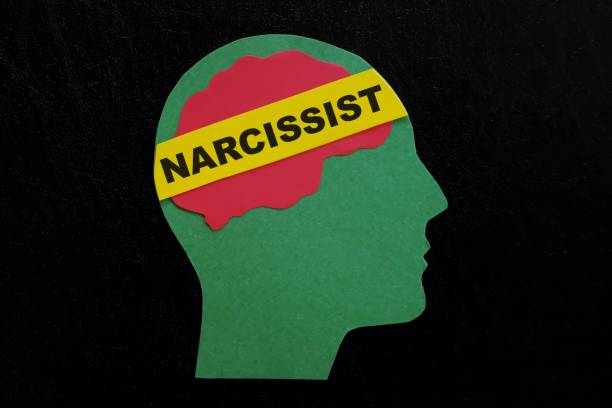Handling a narcissist involves setting clear boundaries, avoiding power struggles, managing expectations, and prioritizing self-care. Stay emotionally detached, maintain independence, and seek professional support if necessary. In extreme cases, consider limiting or cutting off contact.
Introduction
Hello everyone ! Welcome to SasVibe. Dealing with a narcissist can be emotionally draining, as they often exhibit traits such as self-centeredness, a lack of empathy, and an inflated sense of importance. Whether you’re dealing with a narcissistic partner, family member, colleague, or friend, it’s essential to know how to protect your own well-being while managing the relationship. Here are some practical strategies for handling a narcissist:
1. Set Clear Boundaries
Narcissists often have difficulty respecting other people’s boundaries, and they may try to manipulate or control you. Be firm in setting and enforcing your limits. For example, if they try to dominate conversations or demand too much of your time, let them know what is and isn’t acceptable.
- Be direct: Clearly state your boundaries without fear or hesitation.
- Stay consistent: Stick to your limits, even if the narcissist tries to push them.
2. Don’t Engage in Power Struggles
Narcissists thrive on attention and may create conflict or provoke arguments to assert dominance. Avoid falling into their trap by not engaging in unnecessary power struggles or trying to “win” arguments. Instead, remain calm and composed, focusing on resolving issues peacefully.
- Stay calm: Reacting emotionally gives them more control over the situation.
- Redirect: Change the topic if the conversation becomes heated or confrontational.
3. Keep Your Expectations Realistic
It’s important to understand that narcissists may never change, and they are unlikely to meet your emotional needs. Lowering your expectations of emotional support or empathy from them can help protect you from disappointment.
- Focus on what you can control: Understand that you can’t change them, but you can manage your own responses.
- Limit emotional dependence: Try not to rely on the narcissist for emotional validation or support.
4. Don’t Take Things Personally
Narcissists often make hurtful comments or try to belittle others in an attempt to boost their own self-esteem. Remember that their behavior is a reflection of their insecurities and not your worth.
- Detach emotionally: Try to remain objective when they criticize or manipulate.
- Practice self-care: Focus on your own mental and emotional well-being.
5. Use Empathy Sparingly
While showing empathy is often a positive trait, it can sometimes enable a narcissist to manipulate or take advantage of you. It’s okay to care, but be cautious about overextending your empathy, especially if it comes at the cost of your own needs.
- Protect yourself: Balance your empathy with self-preservation.
- Don’t try to “fix” them: Understand that it’s not your responsibility to change their behavior.
6. Maintain Your Independence
Narcissists may try to control or dominate their relationships, making others feel dependent on them. It’s important to maintain your sense of independence, whether it’s in your social life, career, or personal goals.
- Keep your own support system: Nurture relationships with friends and family who provide emotional support.
- Pursue personal interests: Continue doing things that make you feel fulfilled and confident.
7. Seek Professional Support
If the relationship with the narcissist becomes too overwhelming, seeking help from a therapist or counselor can provide you with valuable strategies for coping and managing your mental health.
- Therapy: A professional can help you process your feelings and offer guidance on how to handle difficult interactions.
- Support groups: Connecting with others who have experienced similar challenges can be comforting and provide insight.
8. Consider Limited Contact or No Contact
In extreme cases, such as when dealing with an abusive or toxic narcissist, it may be best to distance yourself or cut off contact entirely. Prioritizing your own mental health and well-being is crucial.
- Low contact: Limit your interactions to necessary or unavoidable situations.
- No contact: In some cases, completely removing the narcissist from your life may be the best option.
Conclusion
Handling a narcissist requires setting boundaries, managing your expectations, and focusing on self-care. While it can be challenging, maintaining your emotional independence and not engaging in power struggles can help you navigate these difficult relationships more effectively. If needed, seek professional support to ensure your well-being in the process.



